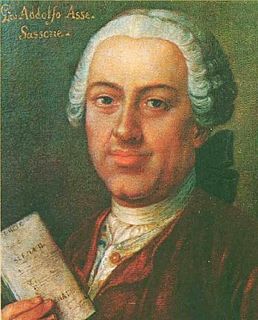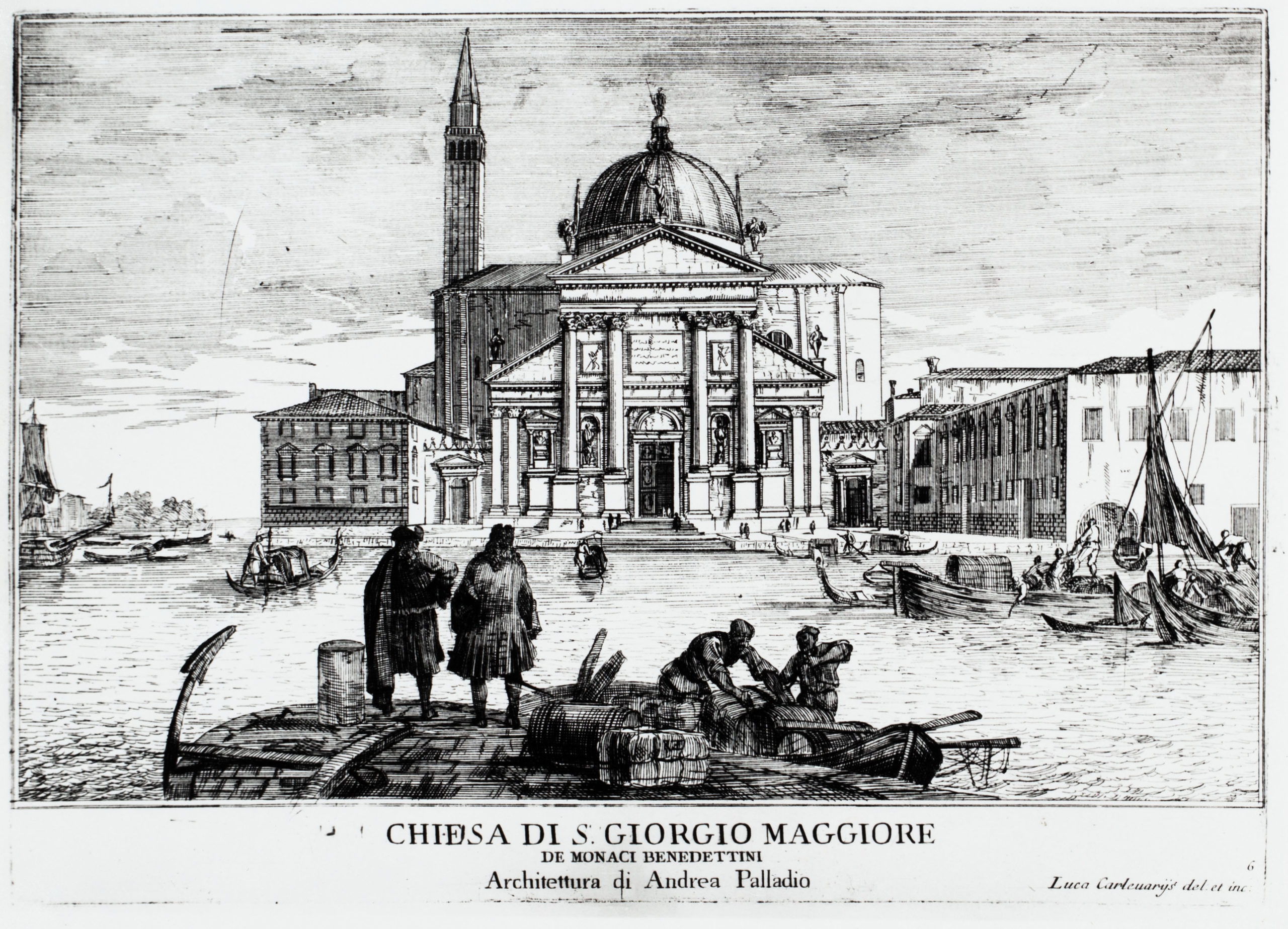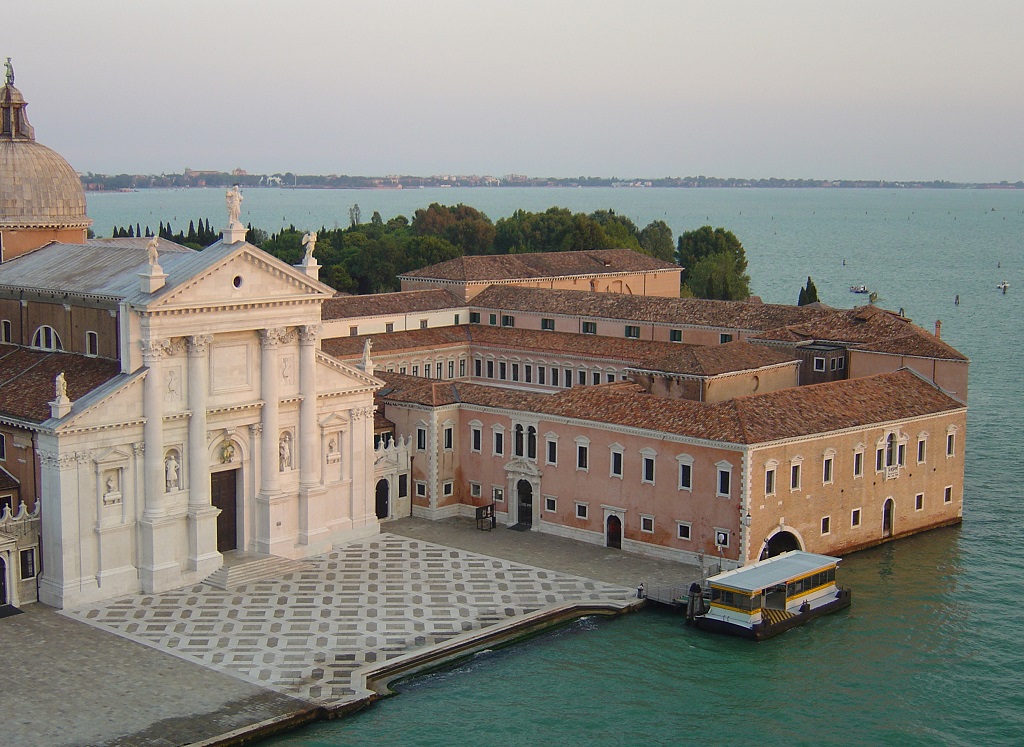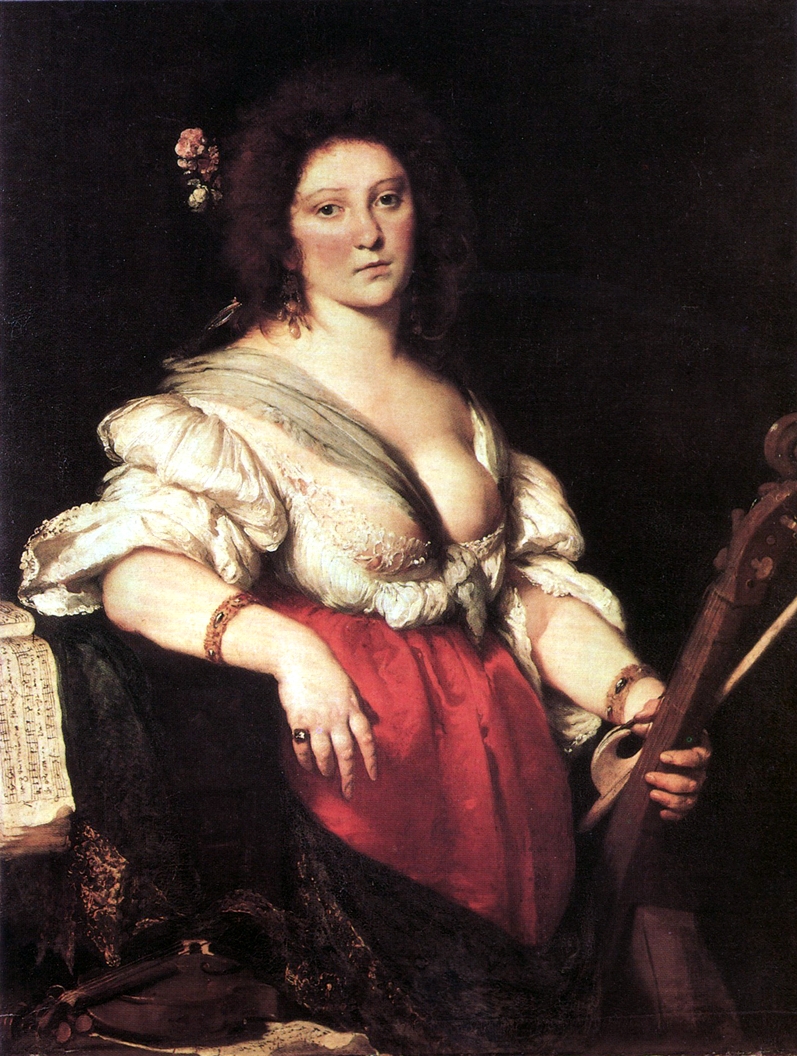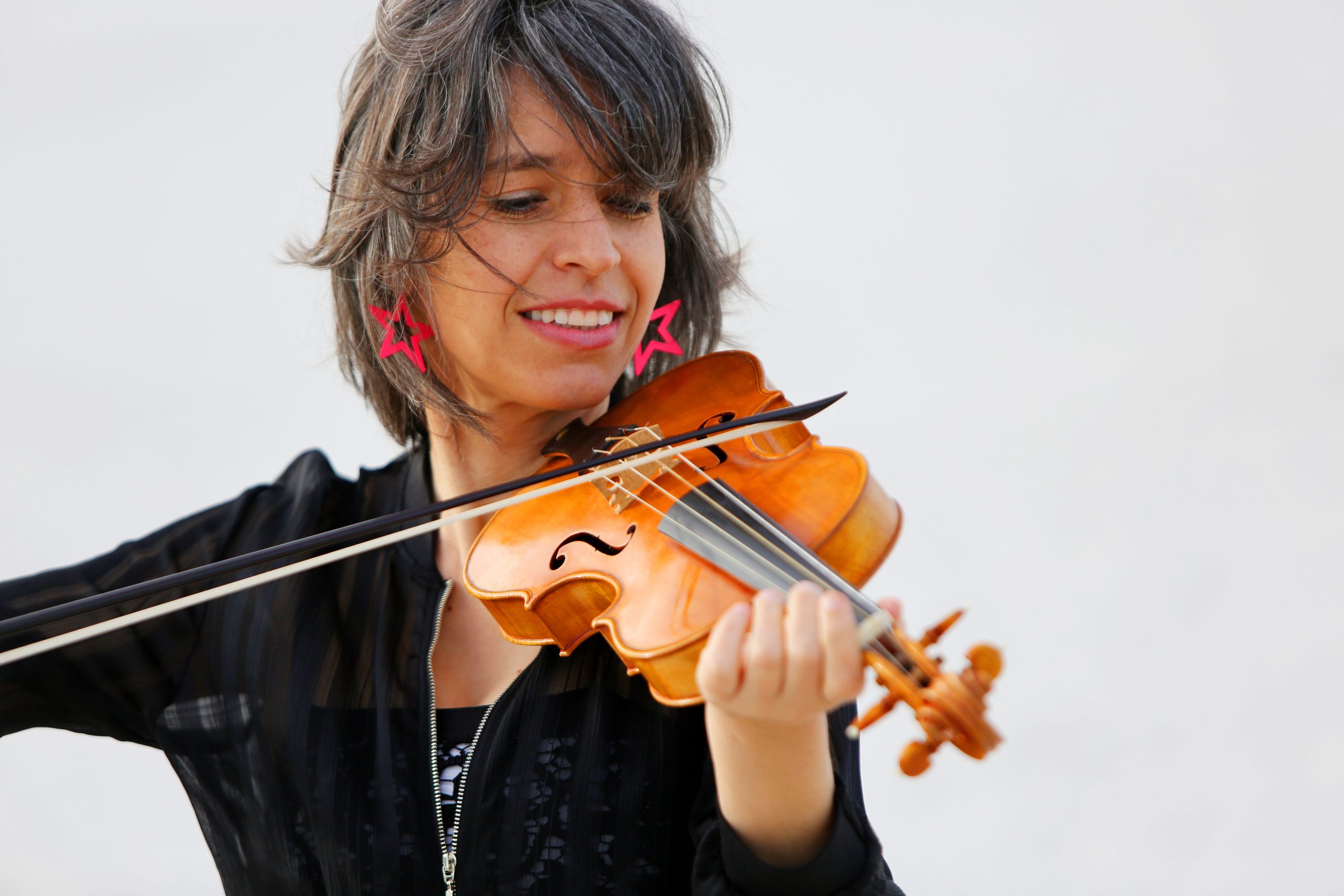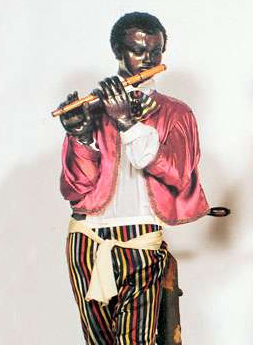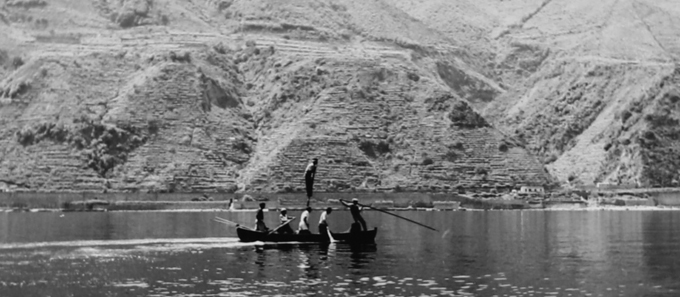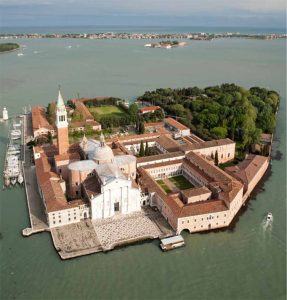Death in Venice
Johann Adolf Hasse’s last Venetian works 1773-1783
Director: Pedro Memelsdorff
Master classes by Vivica Genaux
Venice, Island of San Giorgio Maggiore, 25-29 October 2021
Seminar organized in collaboration with:
Johann Adolf Hasse Stiftung (Hamburg), Fondation Concordance, Irma Merk and L. + Th. La Roche Stiftung (Basel).
The autumn 2021 Early Music Seminar of the Fondazione Giorgio Cini will focus on the work of a German composer who chose Venice as his last hometown: Johann Adolf Hasse
(Bergedorf, 25 March 1699 – Venice, 23 December 1783). After a stunning musical career in Italy, Poland, England, Germany and Austria, in 1773 Hasse returned to his favourite city, Venice, and settled down in the Cannaregio neighbourhood. At his death, he was buried in the San Marcuola church next to the late Faustina Bordoni, celebrated coloratura singer whom he had married in 1730.
Hasse’s last compositions – including a Te Deum and a Requiem planned for his own funeral – count among the most moving ones of his entire production. The seminar will compare them with some of Hasse’s last reworkings of his own early works, such as the great Miserere settings composed in Dresden in the 1730s.
Main teacher will be Vivica Genaux, the most renowned specialist in the field, awarded by the Johann Adolf Hasse Foundation in Hamburg in 2019.
_____________________________________________________________________________________________________________
Concert
28th October 2021, h. 6 pm, Auditorium “Lo Squero”
Island of San Giorgio Maggiore, Venice
Death in Venice.
Johann Adolf Hasse, youthful compositions and Miserere in Do minor
Program
Farò ben io fra poco (da Ruggiero, 1777, atto I)
Vo disperato a morte (da Tito Vespasiano, 1738/59, atto III)
Il nocchier (da Ezio, 1755, atto I)
D’aspri legato (da I Pellegrini al Sepolcro di Nostro Signore¸ 1742)
–
Miserere, Libera me, Sicut erat in principio (dal Miserere in Do minore, Ms Dresden, SLUB, 2477.D.31c, e Bonn, ULB, Ec 82.5)
Singers
Camilo Delgado, tenore; Annelise Ellars, soprano; Arnaud Gluck, controtenore; Mayan Goldenfeld, soprano;
Dalma Krajnyak, contralto; Breno Quinderé, baritono; Mats Roolvink, baritono; Angelo Testori, tenore
Musicians
Ignacio Ramal Viejo, violin; Andrew Wong, violin; Hyngun Cho Choi, cello; Jean-Christophe Dijoux, harpsichord
Teacher: Vivica Genaux
Assistant: Raffaele Mellace
Seminars Director: Pedro Memelsdorff
